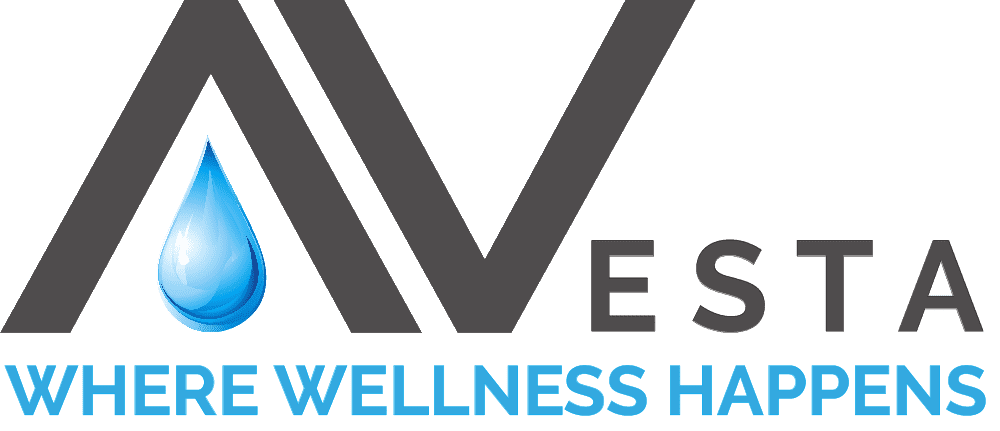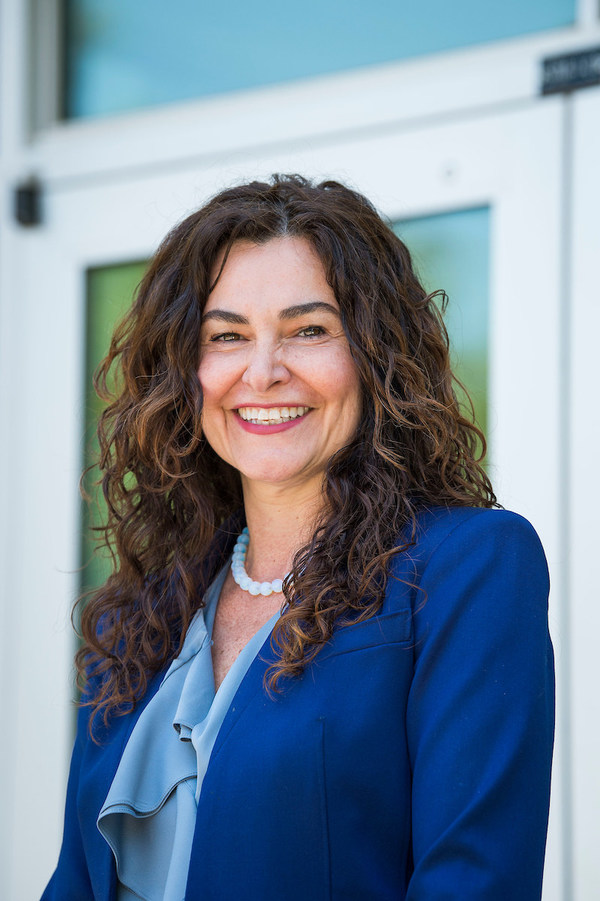In this Post
- Depression and Anxiety
- How To Support Those Struggling With Mental Illness This Holiday Season?
- Ketamine Infusions for Depression and Anxiety
- IV Infusions and Avesta Ketamine and Wellness
The holiday season is right around the corner. While many enjoy the celebration of this time of year, others silently struggle with their mental health. Studies have shown that around 64% of people experience an increase in their feelings of anxiety and depression during the holiday season¹.
Many people struggle with mental health throughout the year, but the holiday months and the end of the year create a spike in negative emotions and thoughts. These feelings are detrimental to the holiday experience and can lead to potential harm. Of U.S. adults that struggle with depression, suicide rates have increased to greater than 30% in recent years².
Depression and Anxiety
Anxiety and depression tend to go hand in hand, so it’s no surprise that the effect of these mental illnesses become more prominent this time of year. Increased feelings of anxiety and depression can be due in part to the many stressors that come with the holidays. If you are away from family over the holidays, it can be easy to lean into the feeling of being alone and depressed. Not being able to afford gifts you would love to give to those in your life can also cause stress or anxiety. Simply feeling nostalgic for past holidays can be a trigger for both anxiety and depression.
How To Support Those Struggling With Mental Illness This Holiday Season?
As a result of COVID-19 and its effects, people have felt their mental health has taken a turn for the worse. More than half (52%) of patients who have a mental health diagnosis say they’ve felt a surge in their depression. At least three in five Americans struggle with mental health during the holidays. This time of year, which is typically meant to be a time of celebration and joy for all, has now caused so much stress for the public that 56% of people would prefer if the holidays were canceled altogether³. Luckily, there are several ways to lift their spirits and brighten their holiday season.
One of the simplest things you can do to assist in supporting a loved one or friend with their holiday depression is to surround them with friends and supportive family members. Although it can be overwhelming to be around people, including mental health patients in plans with small groups or in a one-on-one, an intimate setting can make a world of difference. Consider a volunteer event where they can help themselves while helping others, may be a great way to combat isolation while giving back. Invite them over for a holiday-themed movie night or a dinner party. In these situations, they’ll be able to interact with other people, helping to reduce their feelings and tendencies of self-isolation. A simple phone call to check in on them could suffice as well.
Another way to help those with seasonal depression is to make it known that you are there for them. It may be difficult to recognize and ask for help if they are struggling with depression, so reaching out to check on them is an excellent way to ensure they’re alright and feel seen.

Ketamine Infusions for Depression and Anxiety
Another approach is to seek out alternative treatment methods, including ketamine infusions. For almost a decade ketamine has been researched for anxiety and depression and since 2019, has been getting much more attention to help treat those with depression. If a patient is seeking ketamine treatment, they will receive it through an IV, providing them with a quick-acting effect; it is important to note that each dose of ketamine will be specific to each person. Ketamine works against depression by affecting the chemistry within your brain. It increases glutamate, a neurotransmitter, in certain parts of the brain, which helps regulate your thoughts and emotions. Glutamate also helps your brain create and strengthen neural connections, leading to better thought processing and more positive thoughts and feelings⁴.
In short, the simplest explanation of the way ketamine works with people who have anxiety and depression is that it causes new connections in the brain and affects their negative thoughts. This treatment quite literally redirects thoughts and is reframes how one thinks about and reacts to everyday stressors. It can therefore help reduce not only seasonal depression, but treatment-resistant depression and other mental illnesses.
IV Infusions and Avesta Ketamine and Wellness
Make this holiday season one to remember by ensuring everyone knows they are loved and supported. Reaching out is one of the easiest ways to ensure that anyone struggling can receive the help they may need. Avesta Ketamine and Wellness offers various services, including health-boosting, vitamin IV infusions, and ketamine treatments for anxiety and depression. Visit our website for more information or to book your consultation today.
We hope you and your loved ones have a safe and happy holiday season!

Footnotes:
¹ Cherry, Kendra. “Holiday Depression: Definition, Symptoms, Causes, Diagnosis, and Coping.” Verywell Mind, 25 July 2022, https://www.verywellmind.com/holiday-blues-4771716.
² MD, Robert C. Meisner. “Ketamine for Major Depression: New Tool, New Questions.” Harvard Health, 22 May 2019, https://www.health.harvard.edu/blog/ketamine-for-major-depression-new-tool-new-questions-2019052216673.
³ Holiday 2021 Stress Report: Increase in Anxiety, Depression. https://sesamecare.com/blog/lowering-holiday-stress-2021.
⁴ Anesthesiology: McLean, VA, Bethesda, MD & Washington, DC. (n.d.). Avesta Ketamine and Wellness: Anesthesiology: McLean, VA, Bethesda, MD & Washington, DC. Retrieved November 28, 2022, from https://www.avestaketaminewellness.com/services/depression
Other Sources:
50 Digital Resources to Help You Manage Your Mental Health During the Holidays.” CORP-MAC0 (OCP), 16 Nov. 2020, https://onlinecounselingprograms.com/resources/mental-health-resources-holidays/.
Jones, Austin. “Supporting Those with a Mental Illness During the Holidays.” Community Reach Center, 22 Dec. 2015, https://www.communityreachcenter.org/blog/how-to-be-supportive-for-someone-struggling-with-mental-illness-this-holiday-season/.
Kerr, Michael. “Holiday Depression: Statistics & How to Deal.” Healthline, 8 Feb. 2017, https://www.healthline.com/health/depression/holidays.
Mental Health and the Holiday Blues | NAMI: National Alliance on Mental Illness. 19 Nov. 2014, https://www.nami.org/Press-Media/Press-Releases/2014/Mental-health-and-the-holiday-blues.
“Recognizing and Easing the Physical Symptoms of Anxiety.” Harvard Health, 1 Aug. 2020, https://www.health.harvard.edu/mind-and-mood/recognizing-and-easing-the-physical-symptoms-of-anxiety.
Photo by cottonbro studio: https://www.pexels.com/photo/woman-with-a-cellphone-standing-beside-a-christmas-tree-6183905/
Author Dr. Ladan Eshkevari, PhD, CRNA, FAAN Dr. Eshkevari is the lead clinician at Avesta, and is a long time researcher and educator in physiology, biophysics, and anesthesiology. She is passionate about assisting patients with retractable, difficult to treat mood disorders, and relies on the latest research to bring evidence to Avesta’s practice to better understand and serve patients.


